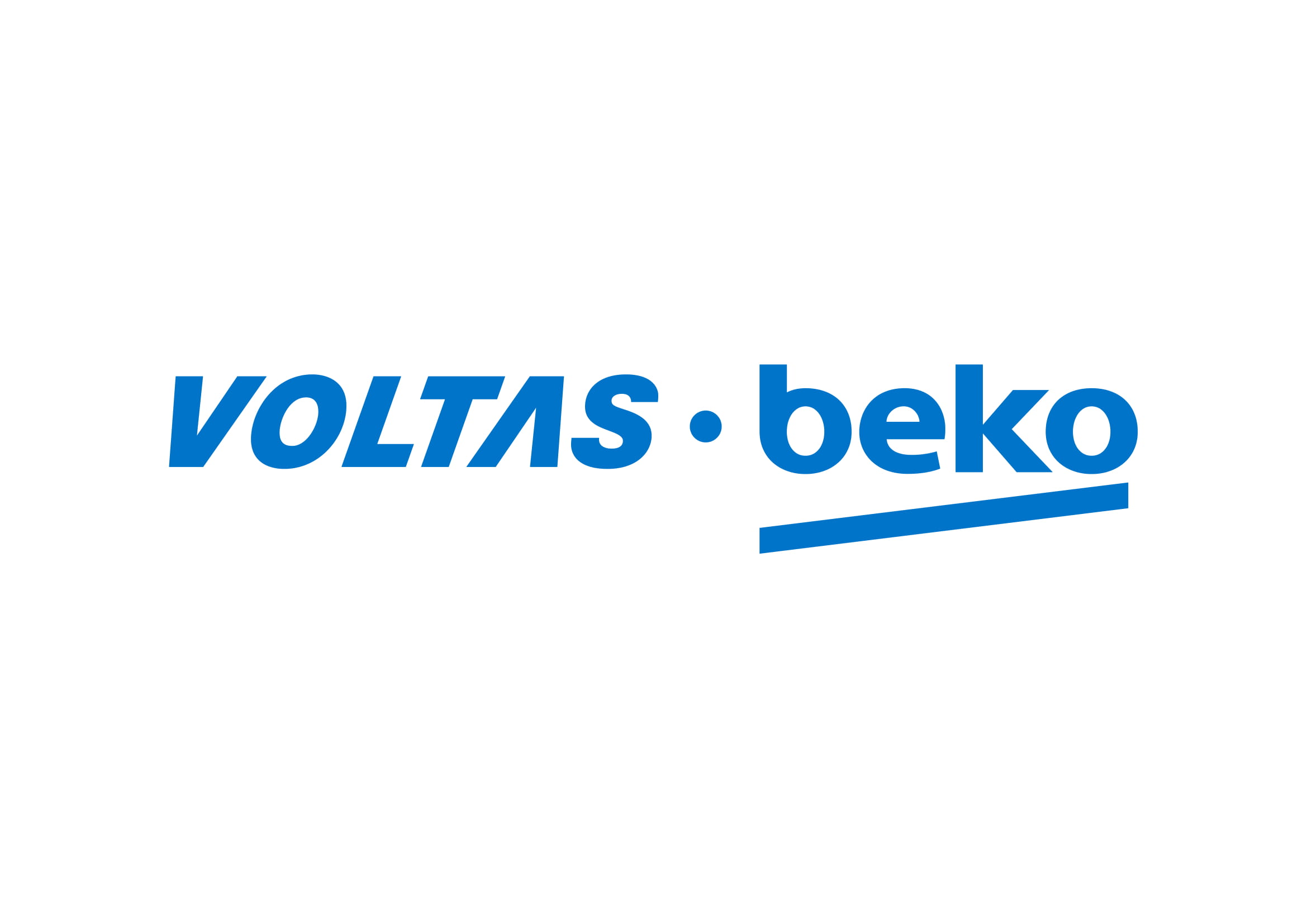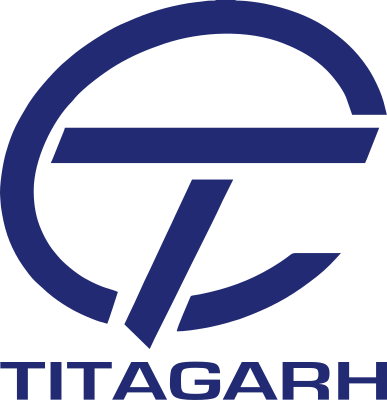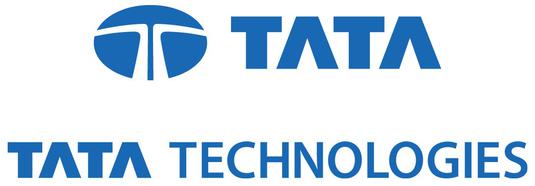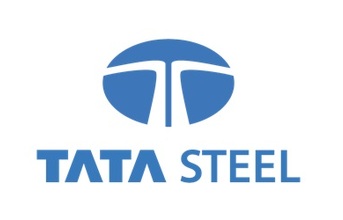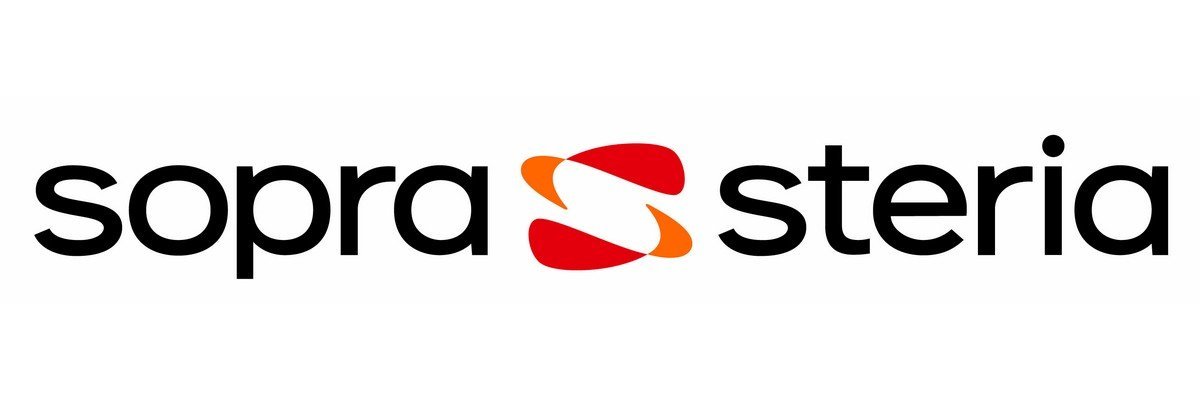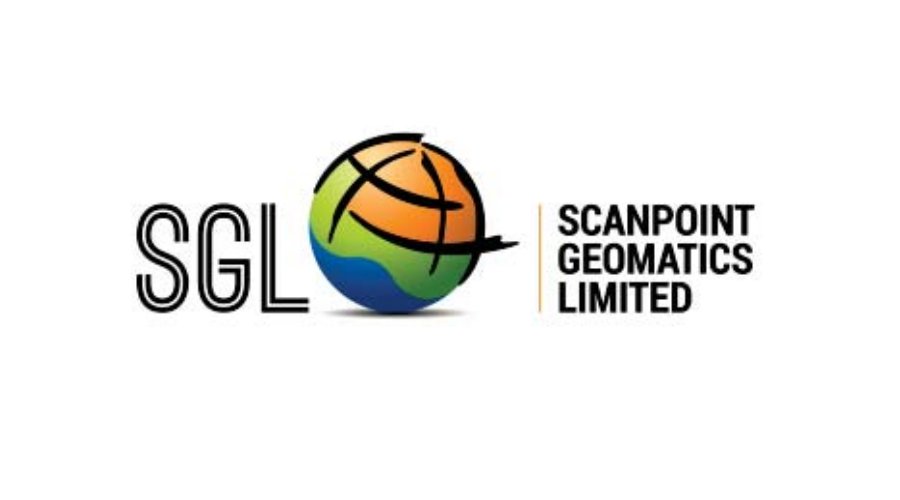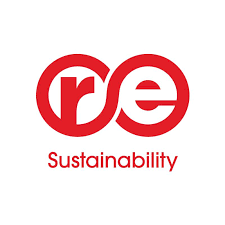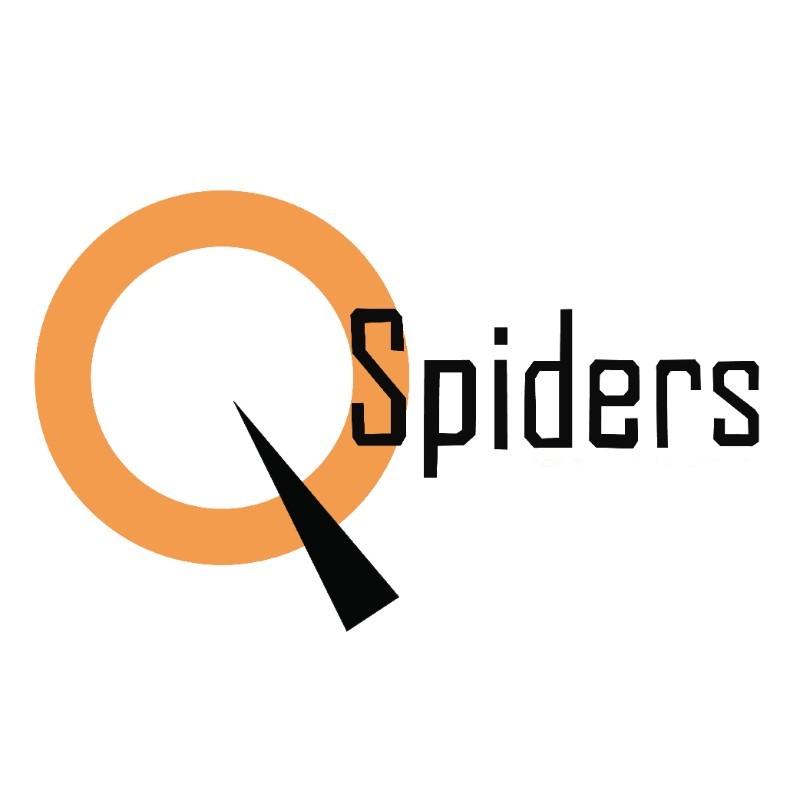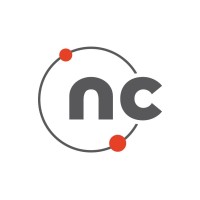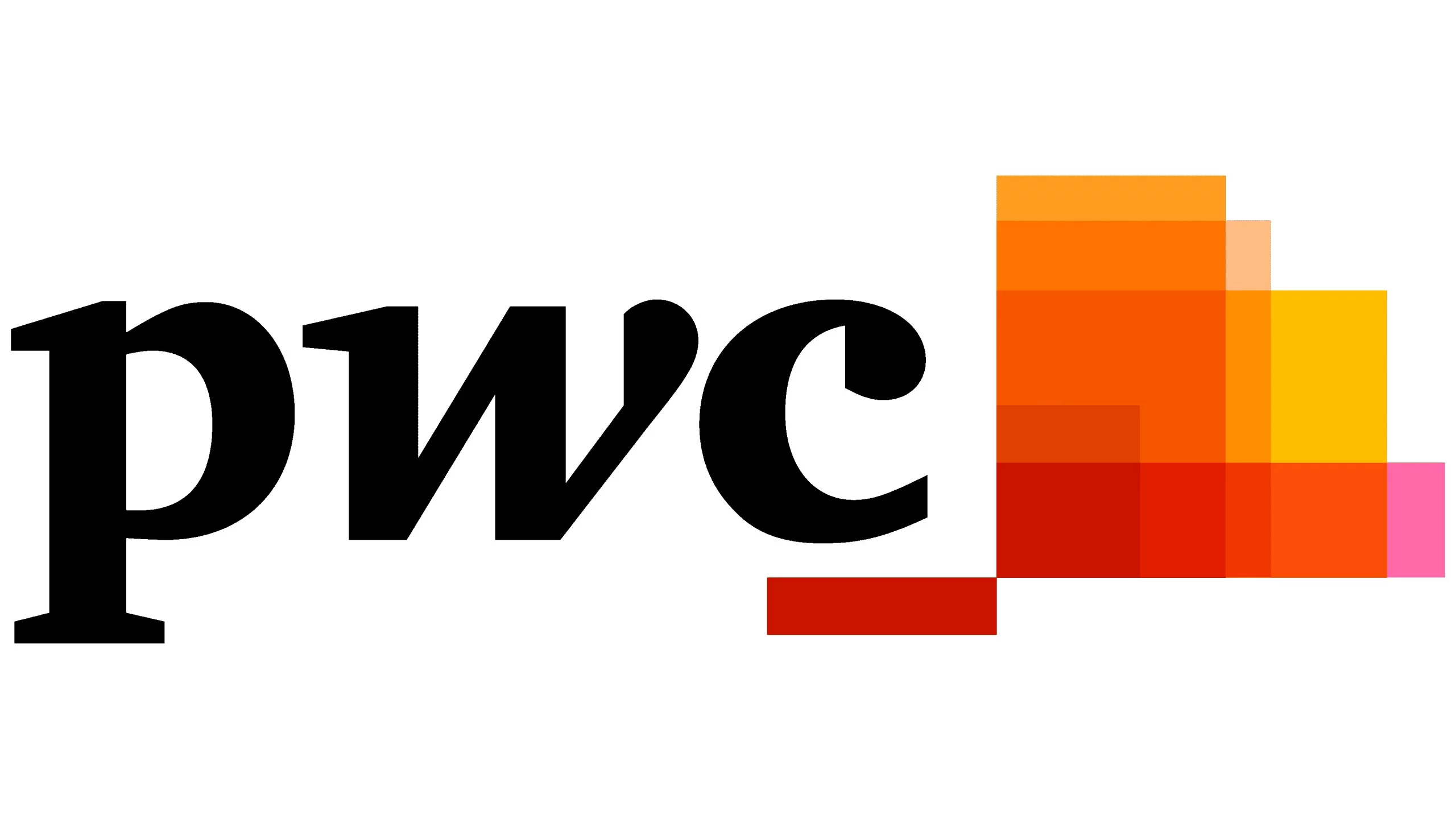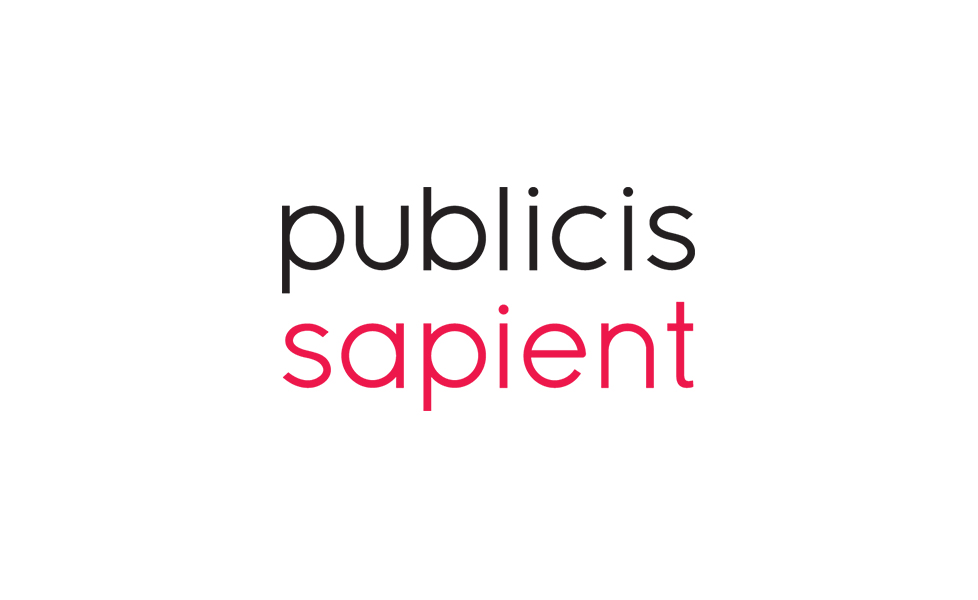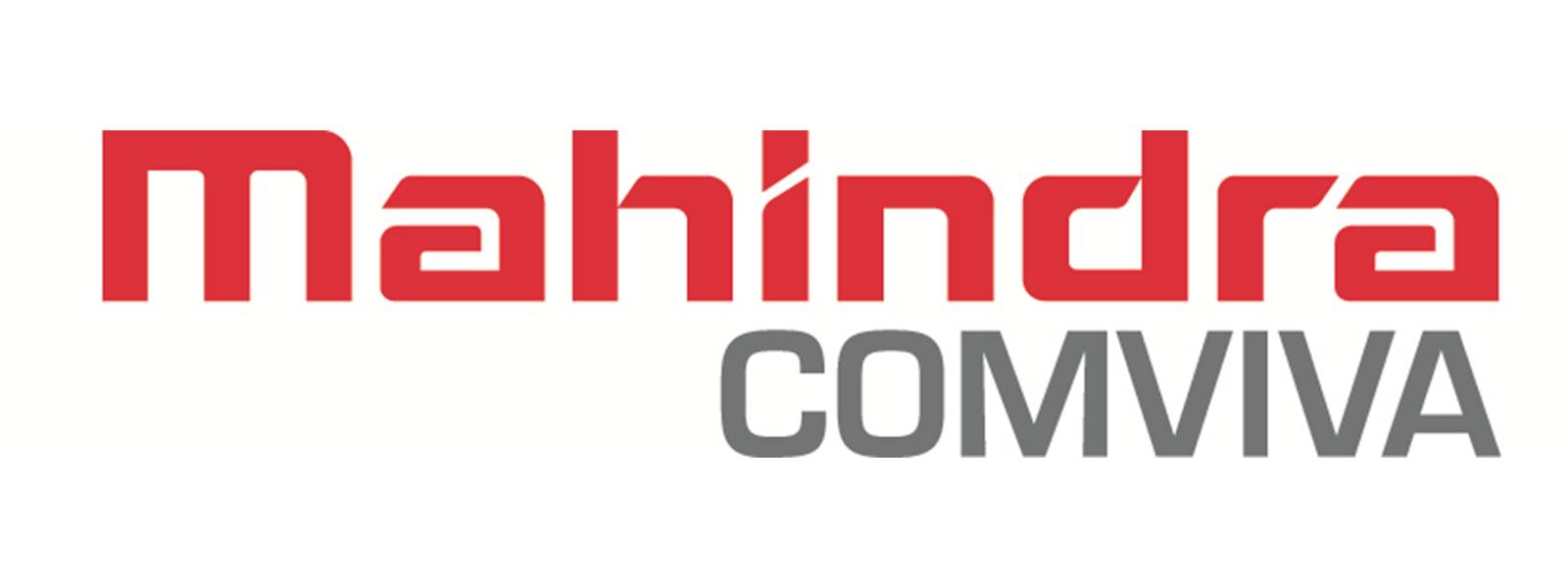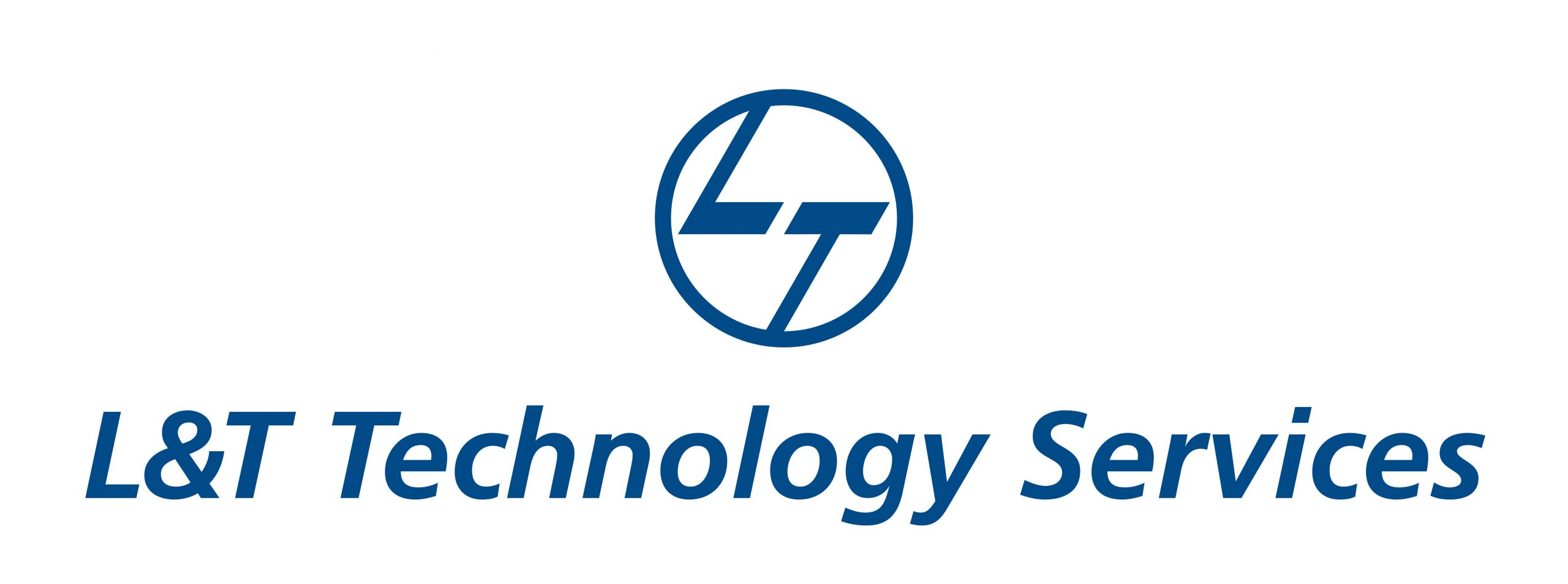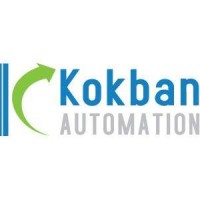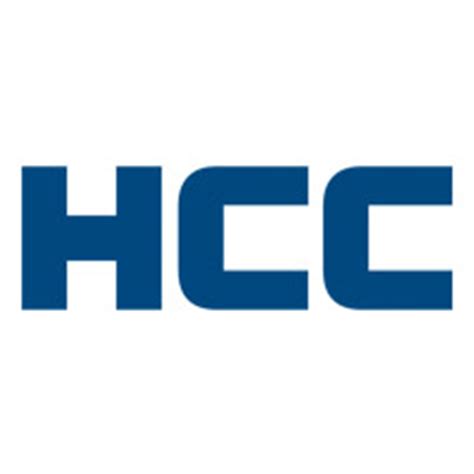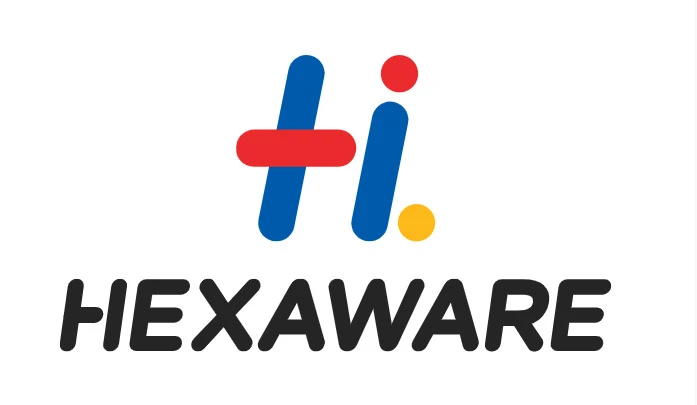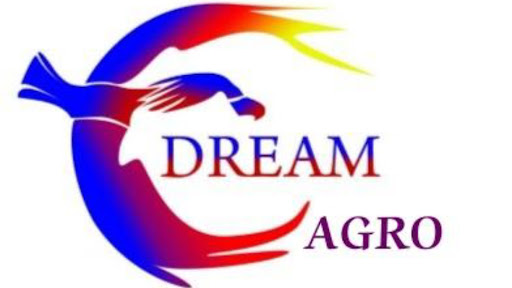Overview

Program Educational Objectives (peo’s)
PEO1
To provide the fundamental knowledge in mathematics, science and engineering concepts for the development of engineering system (Fundamental Knowledge).PEO2
To apply current industry accepted computing practices and emerging technologies to analyze, design, implement, test and verify high quality computing systems and computer based solutions to real world problems (Design and development).PEO3
To enable the use of appropriate skill sets and its applications towards social impacts of computing technologies in the career related activities (Skill Set) and to produce Efficient team leaders, effective communicators and capable of working in multi-disciplinary environment following ethical values(Team Leader ).PEO4
To practice professionally and ethically in various positions of industry or government and/or succeed in graduate (Professionalism) and to make substantial contributions to the society (Societal Contribution).
Program Outcomes (PO’s)
PO1
Apply knowledge of mathematics, science, engineering fundamentals and an engineering specialization to the solution of complex engineering problems.PO2
Identify, formulate, research literature and analyze complex engineering problems reaching substantiated conclusions using first principles of mathematics, natural sciences and engineering sciences.PO3
Design solutions for complex engineering problems and design system components or processes that meet specified needs with appropriate consideration for public health and safety, cultural, societal and environmental considerations.PO4
Conduct investigations of complex problems using research-based knowledge and research methods including design of experiments, analysis and interpretation of data and synthesis of information to provide valid conclusions.PO5
Create, select and apply appropriate techniques, resources and modern engineering and IT tools including prediction and modeling to complex engineering activities with an understanding of the limitationsPO6
Apply reasoning informed by contextual knowledge to assess societal, health, safety, legal and cultural issues and the consequent responsibilities relevant to professional engineering practice.PO7
Understand the impact of professional engineering solutions in societal and environmental contexts and demonstrate knowledge of and need for sustainable development.PO8
Apply ethical principles and commit to professional ethics and responsibilities and norms of engineering practice.PO9
Function effectively as an individual, and as a member or leader in diverse teams and in multi-disciplinary settings.PO10
Communicate effectively on complex engineering activities with the engineering community and with society at large, such as being able to comprehend and write effective reports and design documentation, make effective presentations and give and receive clear instructions.PO11
Demonstrate knowledge and understanding of engineering and management principles and apply these to one‟s own work, as a member and leader in a team, to manage projects and in multidisciplinary environments.PO12
Recognize the need for and have the preparation and ability to Engage in independent and life- long learning in the broadest context of technological Change.
SYLLABUS
Eligibility Criteria
MCA
| M.Tech | a. Passed bachelordegreeorequivalentintherelevantfield with atleas t60% marksinaggregate. b. GATE qualified candidates need not sit in the entrance examination. They have to submit their documents through the admission portal for direct admission during counseling process. c. Passed M.Sc. Degree in the relevant discipline with at least 60% marks in aggregate. |
|---|
Brand Association



Career path you can choose after the course
This course opens the door to many possible careers.
Software Developer/Engineer
IT Consultant
Data Scientist
Network Administrator
Systems Analyst
Database Administrator






